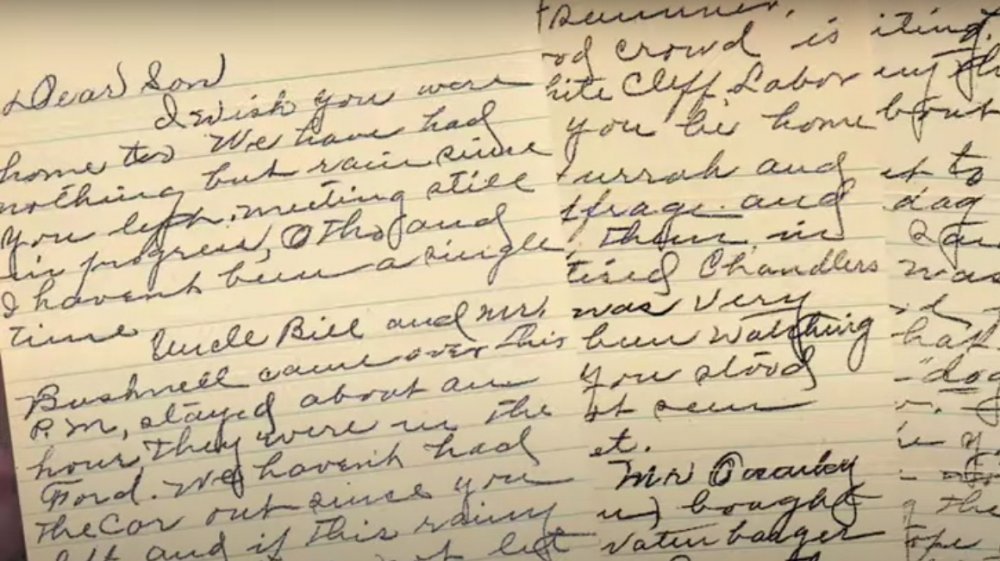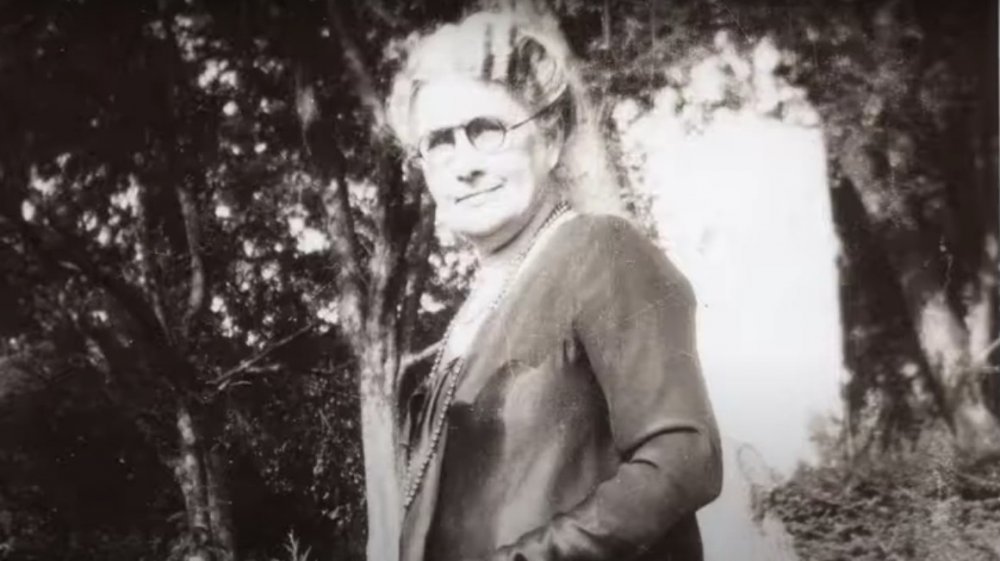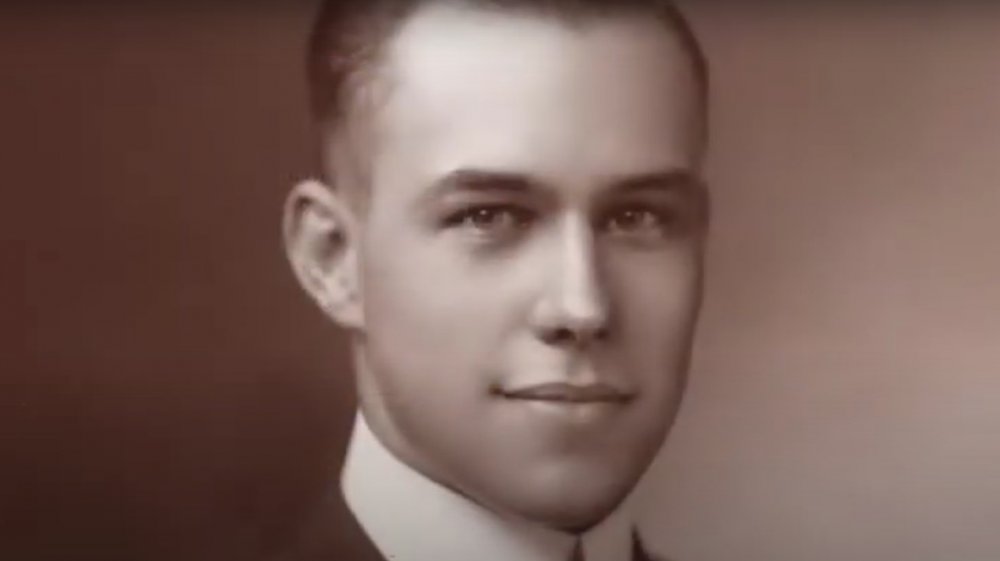The Letter That Won Women The Right To Vote
Back in 1884, Ben Williams published a song called "A Boy's Best Friend is His Mother," says the Library of Congress. "Now always try and treat your old mother with respect," the third verse begins, "For she's the one that cares for you." Though the song doesn't mention it specifically, maybe start by giving her the right to vote.
It seems odd now, in retrospect, that there was a time in this country (and others, to be honest) when women were not allowed a voice in the electoral process. The campaign to remedy that started in 1848, as Reader's Digest reports, at a meeting in Seneca Falls, New York. Some states recognized that women could (and should) vote, but to participate in all elections, local, state, and national, would require an amendment to the Constitution.
The 72 years following consisted of a long and gruesome struggle. Women marched, protested, were imprisoned, went on hunger strikes and were force-fed, were beaten, says NPR. In 1919, Congress passed the 19th Amendment, which then required 36 of the then-48 states to ratify it. By the summer of 1920, 35 had signed off. Now it was up to Tennessee.
Febb Burn admonished her legislator son to be 'a good boy' and vote for suffrage
It was still a struggle. Those who opposed the amendment trumped up arguments based on race; the liquor industry feared the Women's Temperance Movement would gain strength; industry feared women would pass tougher (read: more compassionate) labor laws. It was a political circus in Nashville, the state capitol. Bribes and political dirty tricks abounded. Supporters of the amendment wore yellow roses; opponents, red. And the state legislature was deadlocked on the issue.
Among those wearing a red rose was the legislature's youngest member, 24-year-old Harry Burn, described by Tyler Boyd, his great-grandnephew, as "a mama's boy," according to WFAA. "Harry and the rest of the children, but Harry especially, deferred to their mother as the matriarch." The mother, Febb Burn, was college-educated, had been a teacher, and when her husband died took over management of the family's farm. USA Today also quotes Boyd, who characterized Febb as "just a good, old-fashioned Southern woman, matriarch, who happened to get put in the middle of history."
Harry had his mother's letter in his pocket when he voted
She was 47 the day of the amendment vote, living in Niota, Tennessee. And she wrote her son, the legislator, a letter. Besides comments on the weather, she encouraged him: "Hurrah, and vote for suffrage! Don't keep them in doubt. I notice some of the speeches against. They were bitter. I have been watching to see how you stood, but have not noticed anything yet." She concluded, "Don't forget to be a good boy and help Mrs. Thomas Catt with her 'Rats. ... With lots of love, Mama." Mrs. Thomas Catt was Carrie Chapman Catt, who had succeeded Susan B. Anthony as head of the National American Woman Suffrage Association. Her "rats" were those who supported ratification of the 19th Amendment.
Harry might have been wearing red roses, but no one was absolutely sure how he would vote, until the moment came. On August 18, 1920, the Speaker of the House called for a vote on the merit of the resolution. Harry was the fourth to vote. And Harry, with his mother's letter in his pocket, voted "Aye." Joyous pandemonium broke out.
As for the letter itself — the next time you're in Knoxville, Tennessee, stop by the East Tennessee History Center, where it's stored.


